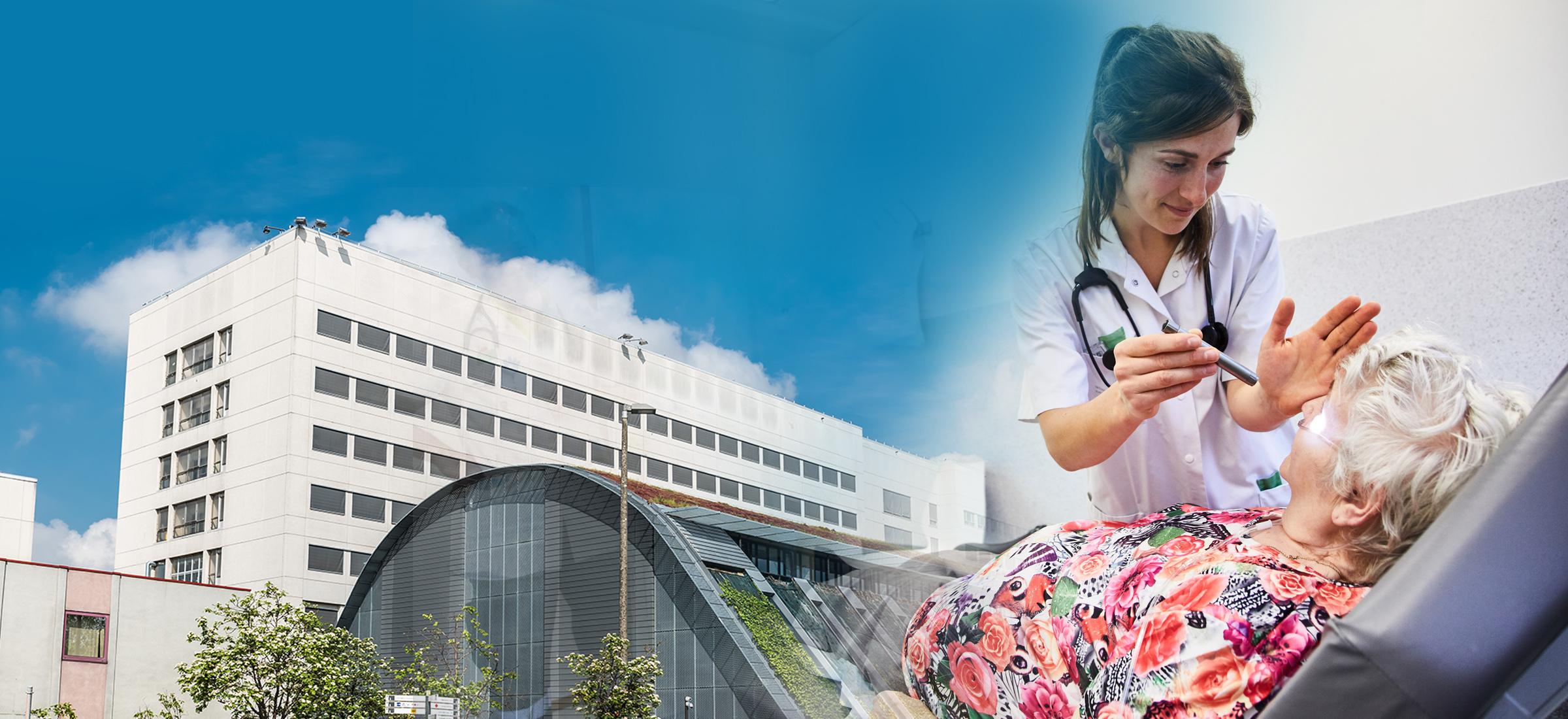
What do you learn on the master's programme?
The courses in our programme can be divided into two themes: gerontology and research methodology. The former focuses on the biological, biomedical, psychological and social aspects of gerontology, making you an expert in the field. The latter offers you skills to do research in the field of gerontology.
The foundations will be discussed in a package of course units that provides a thorough bio-psycho-social concept of gerontological sciences. At the end of your very first semester, you will choose a topic on which to continue substantive work under the supervision of a promoter through the master's curriculum. Time to specialise? Possibly, but most – if not all – research projects have a typical interdisciplinary character. Given the nature of this programme and the intensive coaching, you will be required on campus on a daily basis, so it cannot be combined with employment.
Find out more about this programme
The strenghts of our Gerontological Science master's programme
-
A unique opportunity to study the field of gerontology on a broad and multidisciplinary basis.
-
Investigating not only the biogerontological and biomedical basis underlying the ageing process, but also the psychological, social and health policy aspects of older persons.
-
Providing the chance to join ongoing interdisciplinary research projects of our associated research groups, such as the Frailty in Ageing (FRIA) research group.
After graduation
Our research master in Gerontological Sciences paves the way for a successful doctorate in gerontology by providing theoretical, but also methodological knowledge and skills for research into ageing and older people. As a highly-educated person, you can transfer pertinent knowledge about ageing and older people to different settings/environments from a multidisciplinary perspective.
With this PhD, you can be engaged in the various universities as a postdoc fellow or join the team of senior academics. The university is, of course, not the only place for such research. You can also work in policy functions and or make a difference in welfare and health-care services, focusing on innovation, quality, development and implementation of clinical pathways and guidelines and / or research. Other employment opportunities can be found in centres of excellence (e.g. in dementia care), policy support centres, umbrella organisations and private research centres. These less traditional sectors depend on tasks such as data analysis, as well as advisers, consultants, etc. Besides universities and scientific institutions, this qualification is increasingly important in industry, providing opportunities, for example in R&D departments of large companies.
Is this programme for you?
Same programme in Dutch?

A better idea of the programme?
Would you like to know more about this VUB programme? Take part in our (online) study choice activities. Leaf through our brochure, put questions to our professors in an online info session, read our alumni testimonials or attend an open lecture or info day.